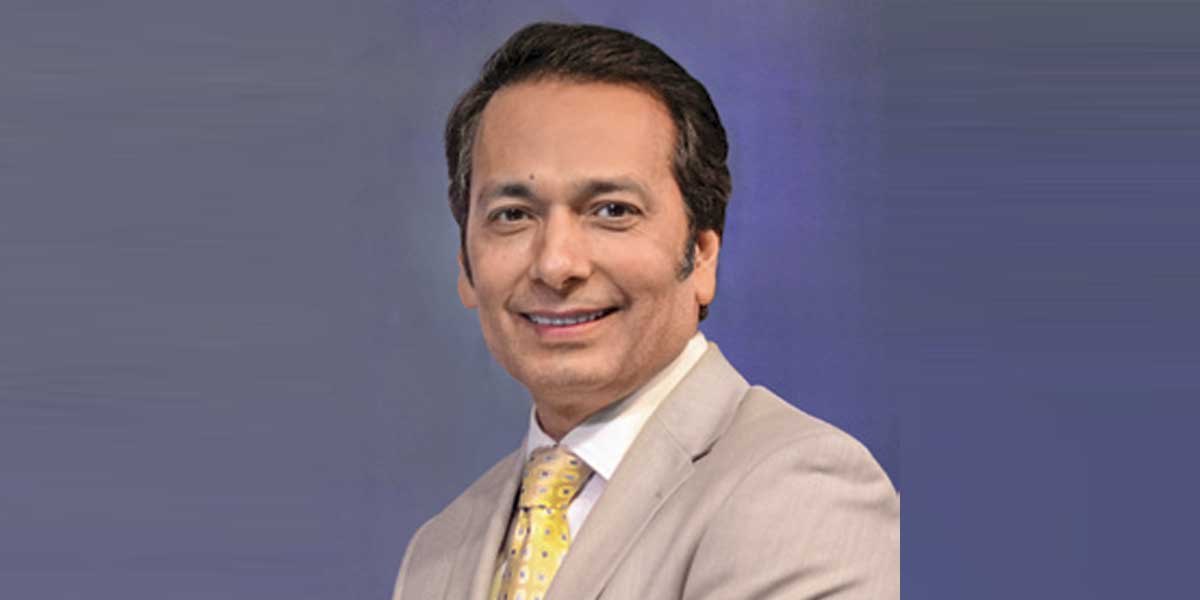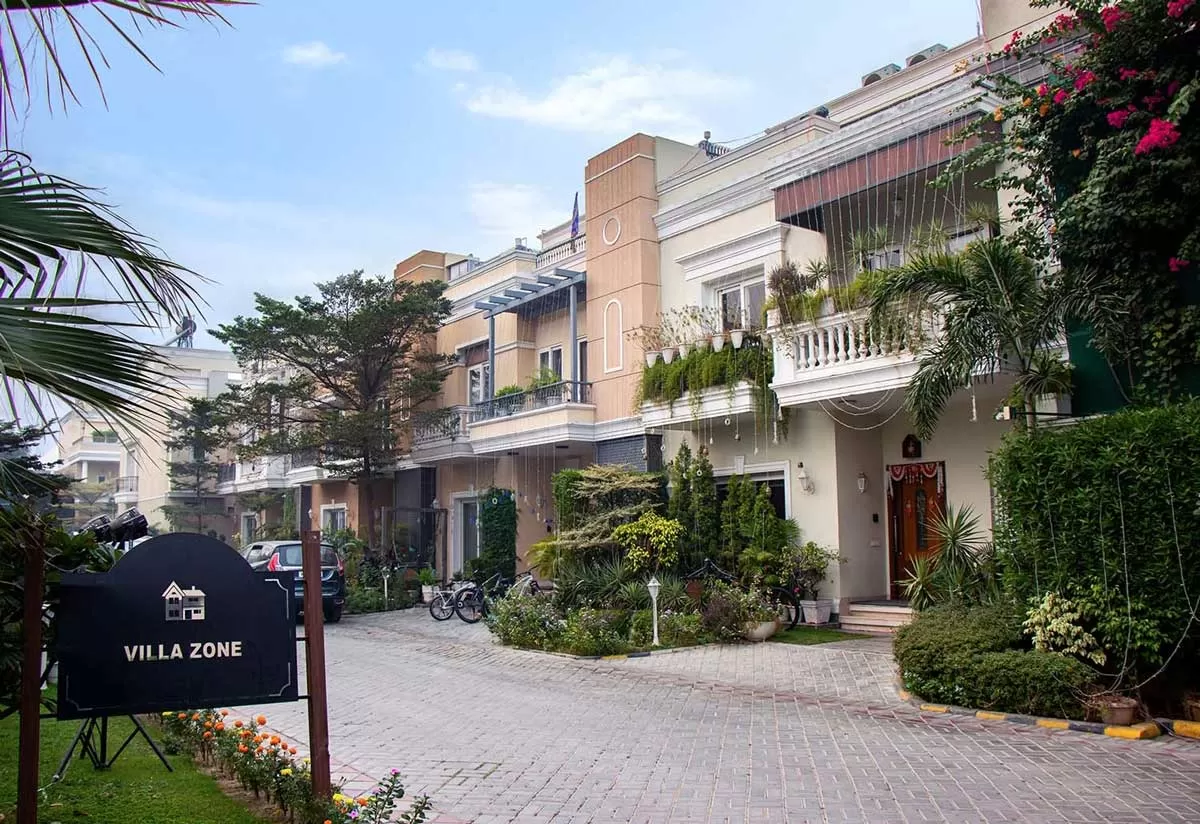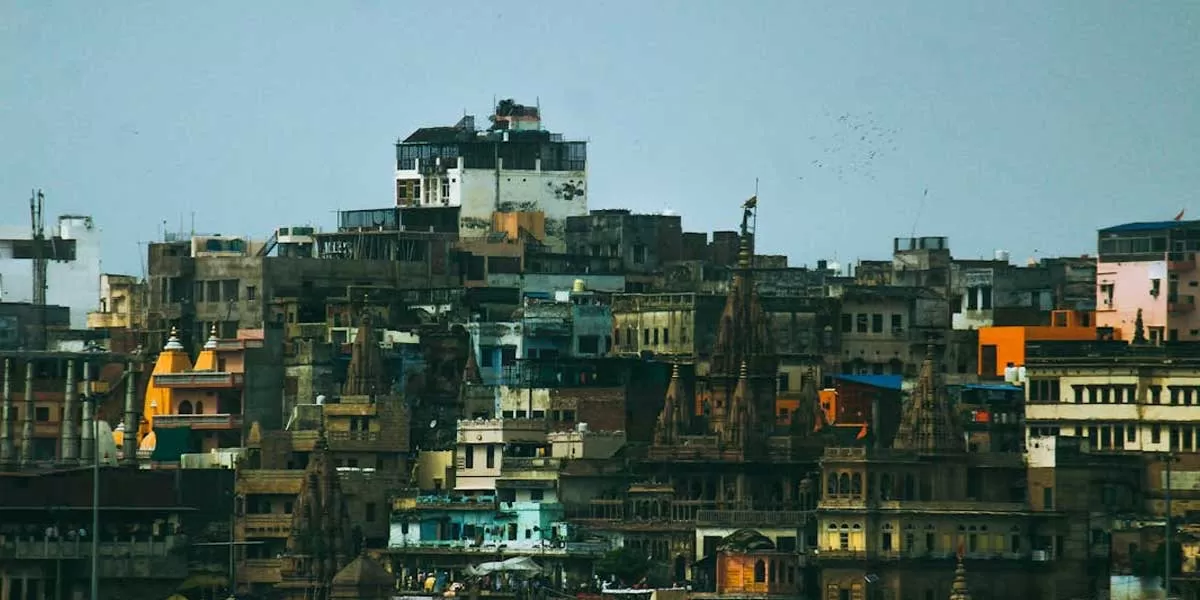
Ease of business can fast forward the India story
Read full article
CW Gold Benefits
- Weekly Industry Updates
- Industry Feature Stories
- Premium Newsletter Access
- Building Material Prices (weekly) + trends/analysis
- Best Stories from our sister publications - Indian Cement Review, Equipment India, Infrastructure Today
- Sector focused Research Reports
- Sector Wise Updates (infrastructure, cement, equipment & construction) + trend analysis
- Exclusive text & video interviews
- Digital Delivery
- Financial Data for publically listed companies + Analysis
- Preconceptual Projects in the pipeline PAN India

Vardhman Amrante to Invest Rs 13.5 Bn in Punjab
Vardhman Amrante, the real estate arm of Oswal Group, has announced plans to invest Rs 13.50 billion in Punjab over the next three years. The investment will span various sectors, including residential, commercial, hospitality, industrial, and allied developments, with a focus on Ludhiana and other rapidly growing regions in the state.Chairman and Managing Director Adish Oswal emphasized the company's commitment to transforming Punjab's urban landscape through high-end projects that set new benchmarks for quality and innovation. The funding for these initiatives will primarily come from intern..

Sundaram Home Finance to Raise Rs 60 Bn in FY25
Sundaram Home Finance has announced plans to raise over Rs 60 billion in the current financial year (FY25) to support its expansion strategy. The company will raise the funds through a mix of National Housing Bank refinance, bank debt, debentures, and fixed deposits.The move follows a strong financial performance. Net profit rose by 26 per cent year-on-year to Rs 715.7 million in the January–March 2025 quarter, up from Rs 568 million. Disbursements during the quarter reached Rs 19.29 billion, compared to Rs 14.69 billion in the same period last year.For FY25, total disbursements grew by 29 p..

UP Targets 6 Mn Rural Homes by FY26
The Uttar Pradesh government has set an ambitious goal to construct 6 million (60 lakh) rural homes under the Pradhan Mantri Awas Yojana-Gramin (PMAY-G) by the fiscal year 2025–26. This initiative aims to address both the existing housing backlog and accommodate new eligible families identified through updated surveys.As of now, approximately 4.5 million (45 lakh) homes have been built under the scheme in the state. The remaining 1.5 million (15 lakh) homes will cover both pending constructions and new beneficiaries identified through the Awas+ survey conducted in 2018.The PMAY-G scheme, lau..














